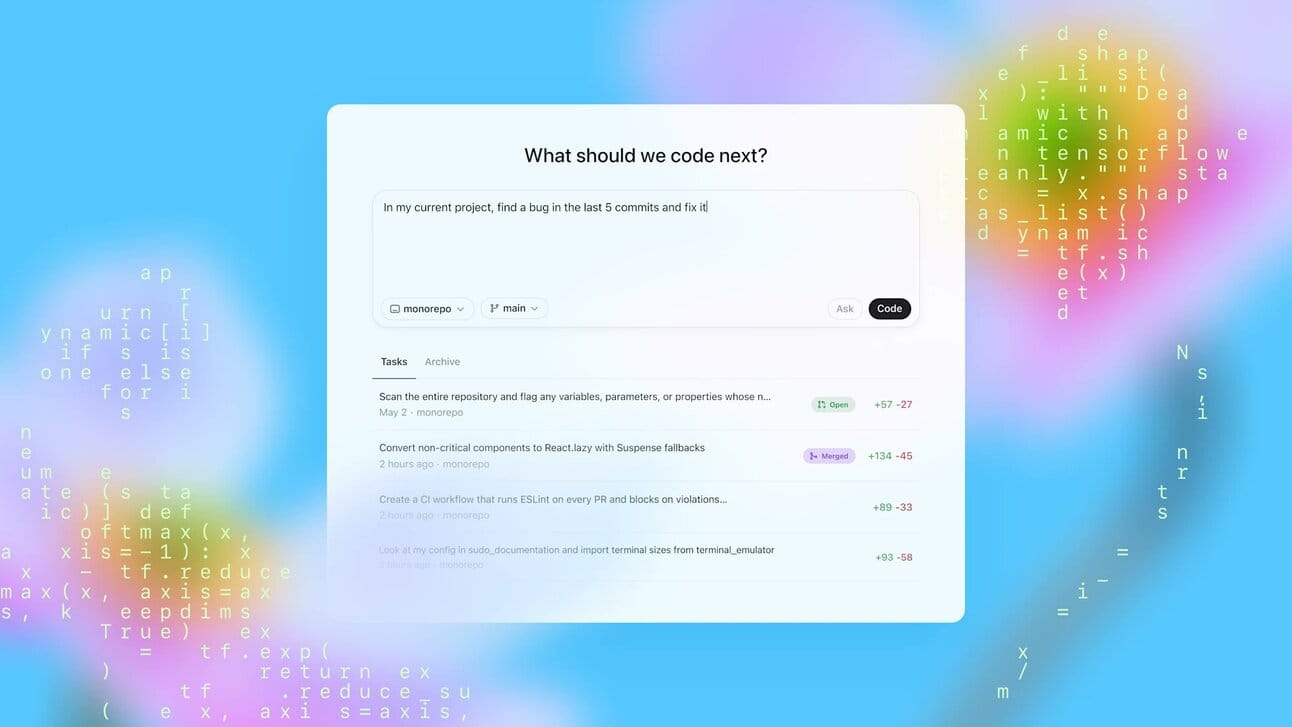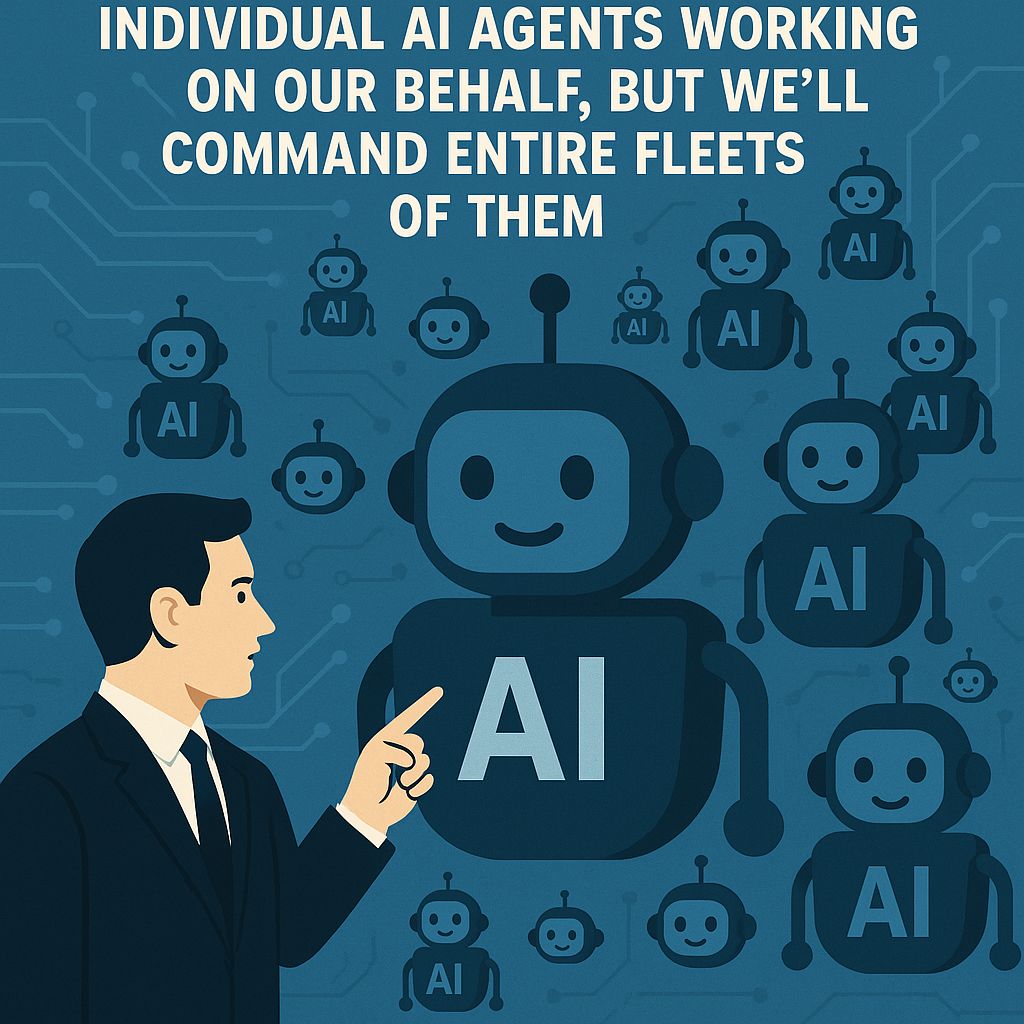Hi AI enthusiasts,
As a subscriber, you're likely already sensing the seismic shift AI agents are about to bring.
This week, we're diving into: 24/7 AI agents, thought-powered AI, and robots with downloadable skills.
There is a new Research App on the market - Otio.ai

(✨ If you don’t want ads like these, Premium is the solution. It is like you are buying me a Starbucks Iced Honey Apple Almondmilk Flat White a month.)
Jeff Dean, the chief scientist at Google, has said that within a year, we'll likely see developer AI agents operating 24/7. Imagine companies deploying not just tens or hundreds, but potentially thousands of these tireless digital workers, depending on the depth of their pockets.
And this isn't just a niche development for junior developers. This wave will sweep across numerous roles and business sectors.
It's not confined to the professional sphere either; our private lives will see a similar transformation.

Picture it like a real-time strategy game – StarCraft or Age of Empires – where you direct hundreds of agents. They'll gather information, much like those virtual farmers collecting resources.
These AI agents will reach out to people, design new systems, and constantly monitor the competitive landscape, helping you position yourself strategically. While the "warfare" aspect of these games might translate more directly to governmental levels, the core principle of managing and deploying intelligent agents remains.

Naturally, the mainstream concern is job displacement. However, Eric Schmidt, former Google CEO, suggested in a recent TED conversation that humans will simply shift their focus to more complex challenges: intricate legal cases, ever-evolving tasks, and long-term strategic planning.
Yes, there will be turbulence during this transition into a full-fledged AI era. The reality is, the vast majority of people are still to be onboarded into AI-enabled working.
I firmly believe that soon, every family will operate at least one "company" or "product" – or a suite of them – that is perpetually improved by AI agents.
These AI agents are set to become exponentially more powerful. Sam Altman of OpenAI has highlighted the crucial role of customization.
Essentially, the goal is to feed as much of your life's data – from every article you've read to every decision you've made – into the model's context window.
With this deep understanding, your AI agent will tackle problems with unparalleled insight. This, of course, necessitates robust protocols for data storage and significantly more powerful models capable of deep reasoning over extended periods – seconds, minutes, hours, days, weeks, even months – depending on the task's complexity.
So, not only will we have increasingly sophisticated individual AI agents working on our behalf, but we'll command entire fleets of them.

Our interaction with these AI agents won't be limited to text or voice commands. We'll think, and they'll understand.
If this sounds like science fiction, consider this: we already have $20 toys capable of reading brain electrical activity well enough to interpret simple commands.
Now, imagine that technology amplified – higher fidelity, processing at the speed of thought. The keyboard will become obsolete, even our voices won't be the bottleneck. The limiting factors will be the velocity and, crucially, the quality of our thoughts.
Finally, let's consider the physical embodiment of AI – another milestone unfolding in parallel. Jim Fan, a distinguished research scientist for robotics at NVIDIA, speaks of a "physical API."
This isn't a single future event; it's a continuous integration of intelligence into physical forms. Companies globally are heavily invested: Unitree in China, Tesla with Optimus, and Boston Dynamics in the US are spearheading this trend.
Imagine NVIDIA's physical API allowing you to transmit skills – like a Michelin chef's culinary expertise – directly to a robot.
Subscribe to Premium to See the Rest
Upgrade to Premium for exclusive demos, valuable insights, and an ad-free experience!
Get Exclusive InsightsA subscription gets you:
- ✅ Full access to 100% of all content.
- ✅ Exclusive DEMOs, reports, and other premium content.
- ✅ Ad-free experience.


